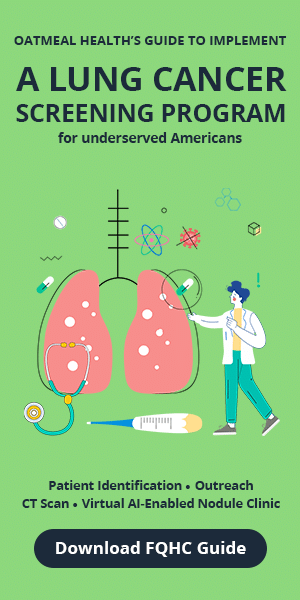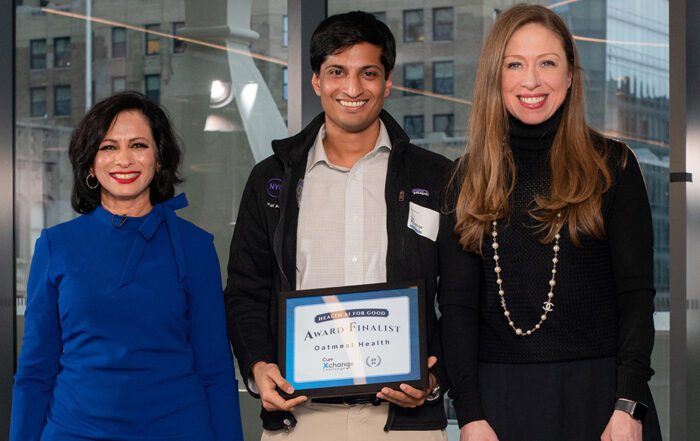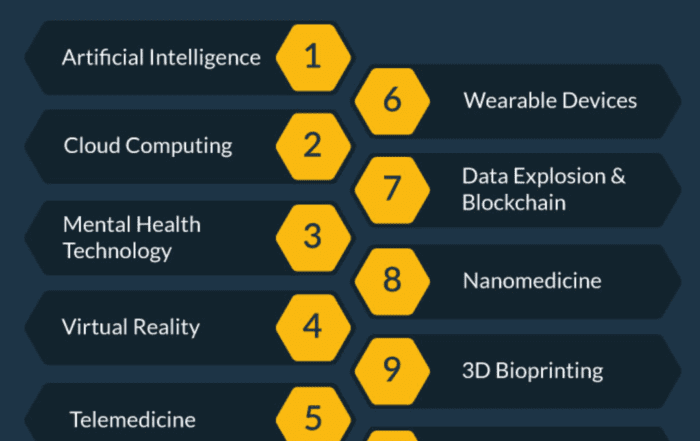Share this article and save a life!
It is no surprise that the smart crew at MIT and Mass General have shown that they can predict lung cancer from a single CT scan.
It will be a while before this is standard of care, however, this method, or blood tests, or breath tests, will be very helpful in the quest to get the right patient screened at the right time, including others with increased risk of lung cancer, including patients without a history of smoking. Researchers at Mass General Cancer Center and Massachusetts Institute of Technology created a tool known as Sybil.
“Based on analyses of LDCT scans from patients in the U.S. and Taiwan, Sybil accurately predicted the risk of lung cancer for individuals with or without a significant smoking history. Instead of assessing individual environmental or genetic risk factors, we’ve developed a tool that can use images to look at collective biology and make predictions about cancer risk. Sybil requires only one LDCT and does not depend on clinical data or radiologist annotations,” said co-author Florian Fintelmann MD of Mass General Hospital “It was designed to run in real-time in the background of a standard radiology reading station which enables point-of care clinical decision support.”
“Sybil can look at an image and predict the risk of a patient developing lung cancer within six years,” said co-author and Jameel Clinic faculty lead Regina Barzilay PhD of MIT Koch Institute for Integrative Cancer Research. “I am excited about translational efforts led by the MGH team that are aiming to change outcomes for patients who would otherwise develop advanced disease.”
The researchers note that this is a retrospective study, and prospective studies that follow patients going forward are needed to validate Sybil. In addition, the U.S. participants in the study were overwhelmingly white (92 percent), and future studies will be needed to determine if Sybil can accurately predict lung cancer among diverse populations.
“In our study, Sybil was able to detect patterns of risk from the LDCT that were not visible to the human eye,” said Lecia Sequist, MD, MPH, director of the Center for Innovation in Early Cancer Detection and a lung cancer medical oncologist at the Mass General Cancer Center.
“We’re excited to further test this program to see if it can add information that helps radiologists with diagnostics and sets us on a path to personalize screening for patients.”
Improving access and education to improve screening rates is critical
Improving lung cancer screening efficiency and compliance for all patients is at the heart of Oatmeal Health’s mission. With a new #HEDIS measure on the horizon from NCQA, we would like to help FQHCs be prepared.
The technology may be advanced, but the biggest obstacles are identifying qualified patients and ensuring they attend regular screenings. Without frequent screenings, radiologists are unable to perform their duties and early detection of cancer is hindered, leading to loss of life.
We are ready to help. Please send us a note if you’d like to learn more about Oatmeal Health.
#primarycare #radiology #lungcancerscreening #FQHC
Thank you to Mass General Hospital for the article.
Share this article and save a life!
Author:

Co-Founder and CEO of Oatmeal Health
My experience as a primary care doctor prior to radiology has provided a great deal of insight into the workflow associated with the integration of those fields. My many years as a high school teacher before medicine continually remind me to look at the whole picture and how can I make the biggest impact with my skill set.
I have been influenced by an economics slant sparked by recent popular literature such as Supercrunchers, Nudge, Crowdsourcing, Tipping Point, and Freakonomics.
There are powerful concepts in various stages of development including machine learning, clinician decision support (computer programs that help doctors order the right labs, CT scans, and MRIs and ask all of the right questions), bidirectional electronic medical records (think online banking but with your doctor to check labs, radiology reports, make appointments, send home blood pressure or monthly weight from Bluetooth enabled products), Apple Health Kit and genetically designed pharmaceuticals.
As a result of the exponential incorporation of technology and a subsequent enormous amount of data that is generated and stored, the field of informatics is developing. Useful examples are already in place: curetogether.com or patientslikeme.com
With these influences, I have started many projects at my current hospital identifying useful data trends for leadership action and ultimately improving patient care.
REVOLUTIONIZING CANCER CARE
A Step-by-Step FQHC Guide to Lung Cancer Screening
The 7-page (Free) checklist to create and launch a lung cancer screening program can save your patients’ lives – proven to increase lung cancer screening rates above the ~5 percent national average.
– WHERE SHOULD I SEND YOUR FREE GUIDE? –





